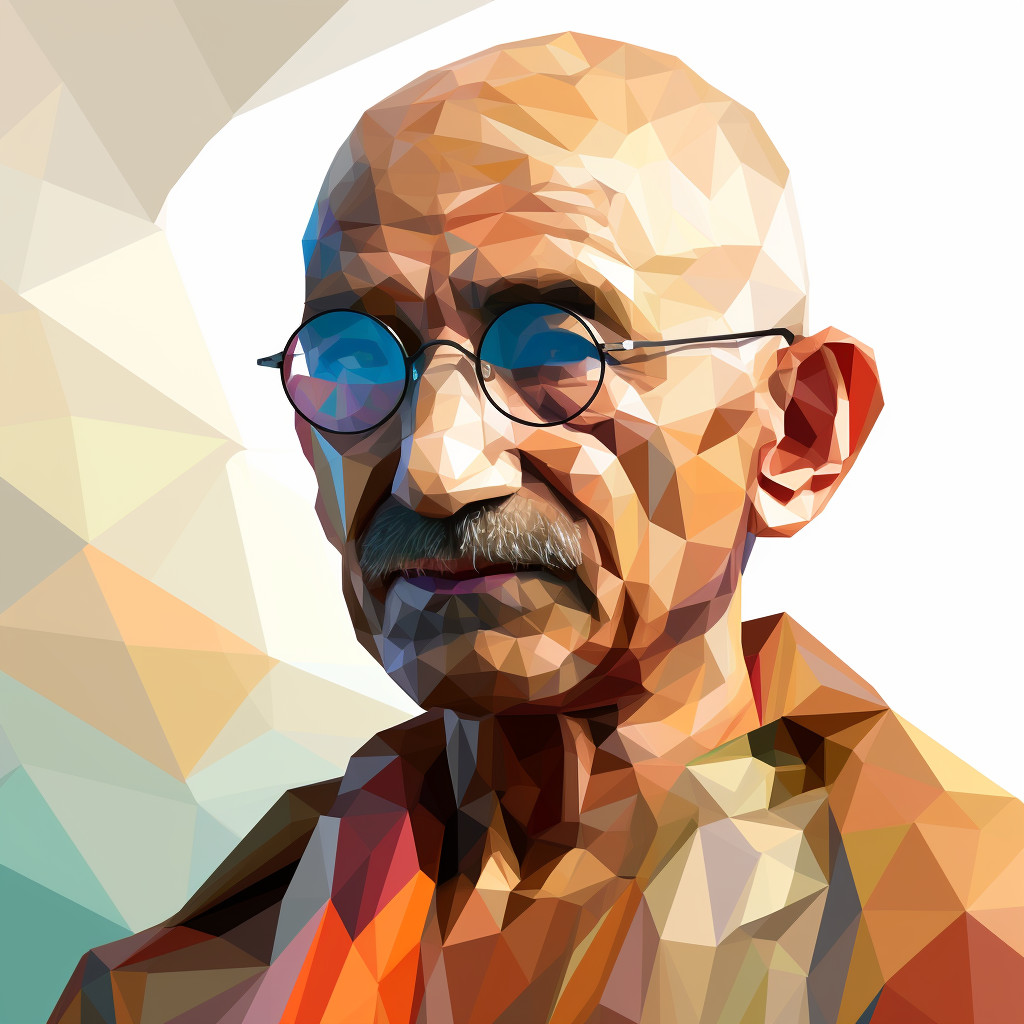This quote emphasizes the importance of making mistakes as an integral part of freedom. The freedom to make mistakes is tantamount to the freedom to learn, grow, and evolve. It suggests that a society or an individual that is not allowed to err is not truly free because mistakes are a fundamental aspect of human nature and a crucial part of the learning process.
The quote underscores the notion that true freedom includes the liberty to take risks, to venture into the unknown, and to fail. It implies that mistakes are not just inevitable, but also beneficial, as they offer valuable lessons and insights. They allow us to understand our limitations, reassess our strategies, and build resilience. Hence, any freedom that does not encompass the right to stumble, falter, and learn from these experiences is incomplete and not worth having.
In today’s world, this idea is particularly relevant in the context of our education systems and workplaces. Often, these environments are structured in a way that penalizes mistakes, thereby stificking creativity, innovation, and personal growth. Instead, they should foster a culture that encourages experimentation, embraces failure, and promotes learning from mistakes.
From a personal development perspective, the freedom to make mistakes is crucial. It allows individuals to step out of their comfort zones, try new things, and learn from their experiences. It is through making mistakes that one gains wisdom, develops resilience, and cultivates a growth mindset. By accepting and learning from our mistakes, we can continuously improve and become better versions of ourselves.
In conclusion, the freedom to make mistakes is a fundamental aspect of genuine liberty. It is through our errors that we learn, grow, and evolve. As such, any freedom that does not include the right to err is not truly freedom at all.





